From June 7 to June 9, the German-Russian conference "Digitalization in Scientific and Economic Cooperation Between Russia and Germany" was held in Samara University.
The main participants of the conference were Russian graduates of the educational programmes of German universities who work in 24 Russian cities in different fields: scientists, teachers, representatives of industrial enterprises and business, interested in developing cooperation with Germany. Among them there were 10 representatives of Samara. On behalf of Germany, experts from German universities, including Samara University partners from Würzburg, as well as the representatives of the leadership of the German-Russian Forum, the German Embassy in Russia, the German Academic Exchange Service took part in this conference.
The President of the University of Julius-Maximilian of Würzburg addressed the leadership of the German-Russian Forum with the proposal to hold this conference on the basis of Samara University, as in 2015 the University officially included Samara University among its ten strategic partners in the world. Such a high rating is associated with 20 years of fruitful cooperation with Samara philologists (with specialists in the study of German and Russian linguistics and literature), as well as with the scientists from other areas of Samara University.
In welcoming the participants of the conference, Samara University Rector Yevgeniy Shakhmatov expressed his confidence that such events help to strengthen cooperation with foreign partners.
"We have much in common with the colleagues from Germany — neither linguistic, nor political, nor any other barriers will be able to divide people engaged in the development of science, technology, the development of human relations, —Yevgeniy Shakhmatov stressed. — The development of interaction, scientific and educational ties with foreign partners is very important for Samara National Research University, participating in the programme for improving the competitiveness of Russian Universities “5-100”. We have long-standing ties with a number of German Universities — from Düsseldorf, Berlin, Würzburg. Joint projects have been created, the exchange of students and teachers has been arranged, double diploma programmes have been implemented. The basis for cooperation is established, and we hope that after this conference it will expand ".
President of the University of Würzburg, Alfred Forchel, shares the view of the Rector of Samara University, believing that in the global world, scientific exchange along with economic and cultural cooperation is the most important element of interaction between the states.
"The development of partnership between the universities has a huge role in strengthening of Russian-German relations. A good example is the scientific collaboration of the University of Würzburg with Russian Universities. The cooperation with Samara University began in 2003. This successful experience allowed the University of Würzburg to establish contact with other seven Russian Universities, including Moscow State University, the Higher School of Economics in Moscow and the others. The University of Würzburg intends to continue the development of these relations”, — Alfred Forchel stressed in his video message.
Encouraging and warm words were addressed to the participants by the Expert on Working with the Graduates of the University of Würzburg, Michael Till, the Head of Moscow Bureau of the German-Russian Forum Artem Lysenko, Professor Eduard Gerhardt from Coburg High School.
"Digitalization is an important topic in the development of cooperation. Russia and Germany are two leaders in this field, and now we see how science builds a reliable bridge between our countries. Yesterday astronaut Alexander Gerst was launched into space aboard the Soyuz spacecraft from Baikonur Cosmodrome. They will conduct scientific work in space together with Russian and American astronauts, — said Michael Dobis, the Head of the Science Department of the German Embassy in Moscow. There are many such constructive examples of cooperation in the field of science and education, so Russian Minister of Foreign Affairs Sergey Lavrov and German Minister of Foreign Affairs Heiko Maas agreed to cooperate within the new Russian-German year of scientific and educational partnership. I invite you to participate in this event, to offer your ideas and projects ".
The work of the conference began with the presentation of cooperation between the scientists of Samara and Würzburg Universities. The Head of the Department of German Philology, Professor Sergey Dubinin, told about twenty years of cooperation and the projects of the Germanists.
The Head of the Department of Russian Language and Mass Communication, Professor Nadezhda Ilyukhina summed up the results of cooperation between the Slavists of partner Universities. The Master's program, the supervision of German doctoral students, the organization and participation in conferences, scientific projects, cultural events, promoting the Russian language and culture in Germany are jointly implemented. In their addresses the Head of Slavic Studies Department of the University of Würzburg, the famous scientist, Professor Andreas Ebbinghaus and Researcher Elena Dieser highly appreciated the results of this activity.
The Head of the Inter-University Department of Space Research of Samara University, Professor Igor Belokonov, said that cooperation with the University of Würzburg is also successfully developing in the field of space technologies.
The conference participants focused on the prospects for the graduates of German programmes in the light of the current situation in science and economy and rapidly developing information technologies. The most relevant issues were touched upon at seminars and workshops. In particular, Deputy Executive Director of the German-Russian Forum, Sebastian Nietzsche, told about the German-Russian Forum, its history and forms of future cooperation for graduates of German programmes. Professor of Coburg High School Eduard Gerhardt demonstrated the framework for international project management and intercultural communication, basing on Russian-German relations. Professor Andreas Ebbinghaus presented a report on the problems of intercultural, language communication.
At working groups meetings and during discussions with practitioners, the participants discussed the main issues announced in the conference: how do the forms of communication and cooperation in science and economy change in the era of high digital and space technologies? What are the needs, the specifics and the prospects of modern scientific and educational management in the sphere of German-Russian relations?
The discussion on these topics was attended by the Head of Division for Innovation Economic Development of the Ministry for Economic Development, Investments and Trade of Samara Region Natalia Kovshova and the representative of the Russian-German Chamber of Foreign Trade in Samara Region Burkhard Fluss.
The participants of the conference met with the leaders of two large Samara enterprises with German investments – "Bosch Samara" and "Amazone Eurotechnika". Conversations with the specialists and excursions were held.
For reference
The organizers of the conference: the University of Julius-Maximilian of Würzburg, Samara University and the German-Russian Forum. The financial support of the conference was provided by the German Academic Exchange Service (Deutscher Akademischer Austauschdienst, DAAD).
The University of Julius-Maximilian of Würzburg is one of the oldest and most prestigious universities in Europe, which was founded in 1402. It is a member of the Coimbra Group, an association of 40 European universities, established in 1985 to develop links and coordinate the educational process in line with the European educational policy between the oldest and most significant universities in Europe. In the University there are about 22,000 students, more than 1,000 of them are foreigners.The University is famous for Nobel laureates: Wilhelm Conrad Röntgen (Physics) in 1901; Emil Fischer (Chemistry) in 1902; Eduard Buchner (Chemistry) in 1907; Wilhelm Wien (Physics) in 1911; Johannes Stark (Physics) in 1919; Hans Spemann (Medicine) in 1935; Klaus von Klitzing (Physics) in 1985; Hartmut Michel (Chemistry) in 1988.
The German-Russian Forum is an authoritative public organization that unites the representatives of all spheres of social life. It includes St. Petersburg Dialogue, established in 2001 by German Chancellor Gerhard Schroeder and Russian President Vladimir Putin. The main goal of the German-Russian Forum is to promote mutual understanding between the Russians and the Germans, as well as to unite people and support contacts. The organization pays special attention to the discussion of issues on relevant political, economic and cultural topics.
Photo: Natalia Orlova
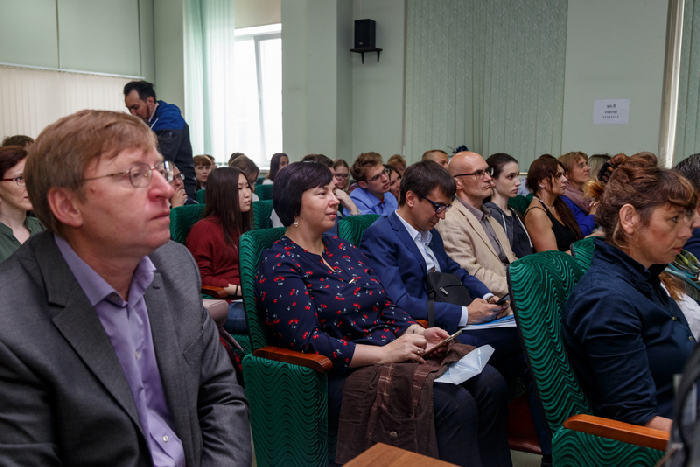
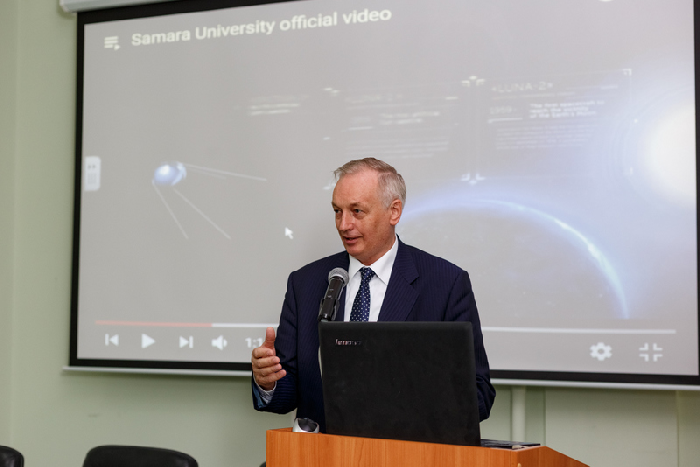
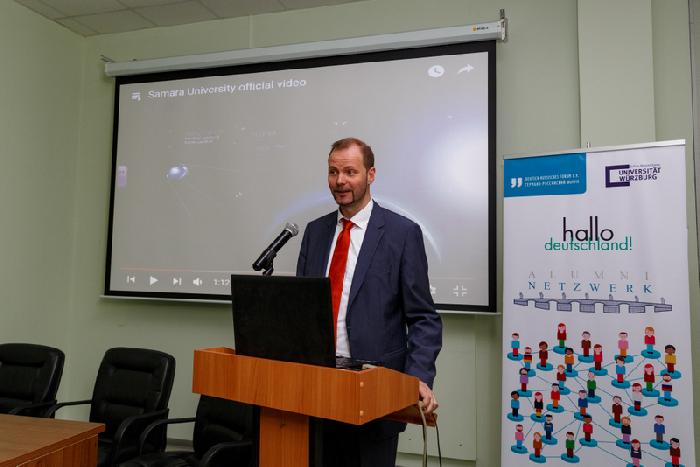
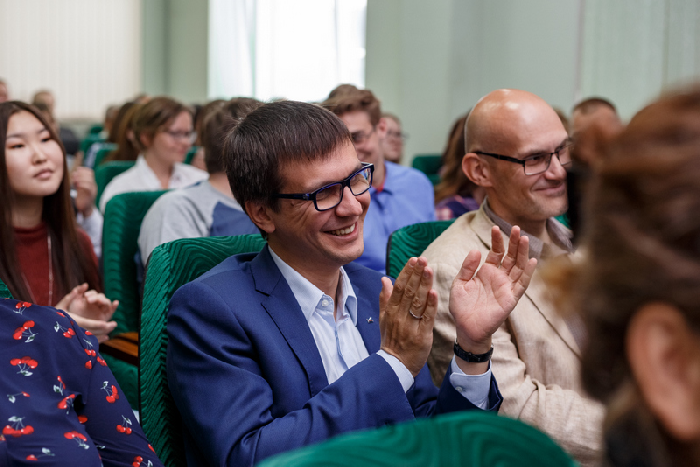
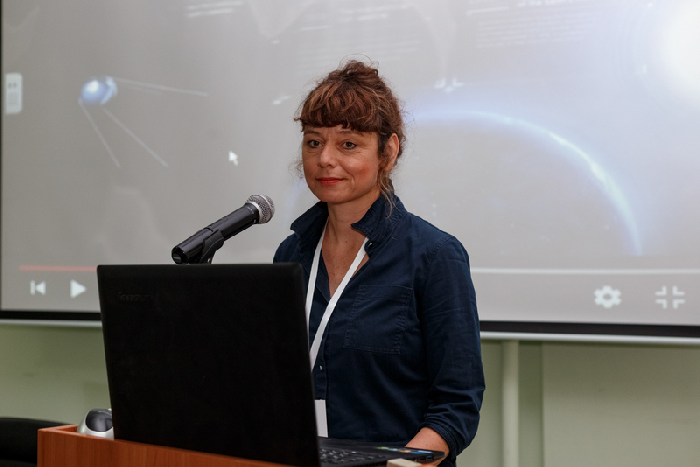
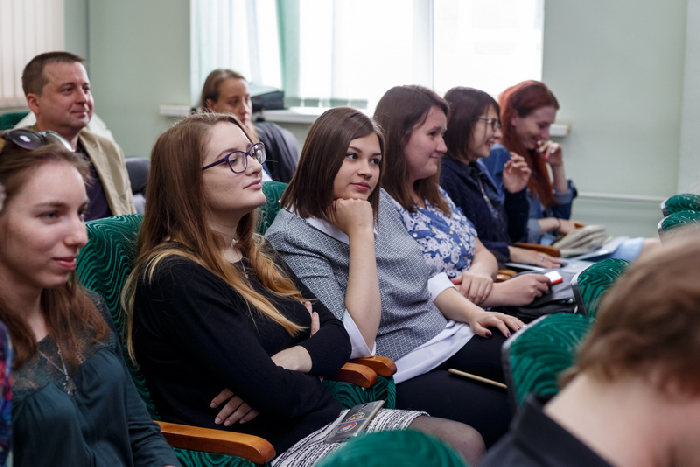
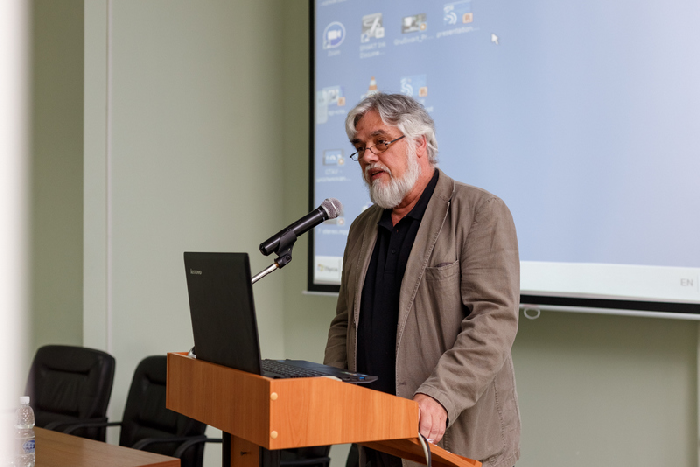
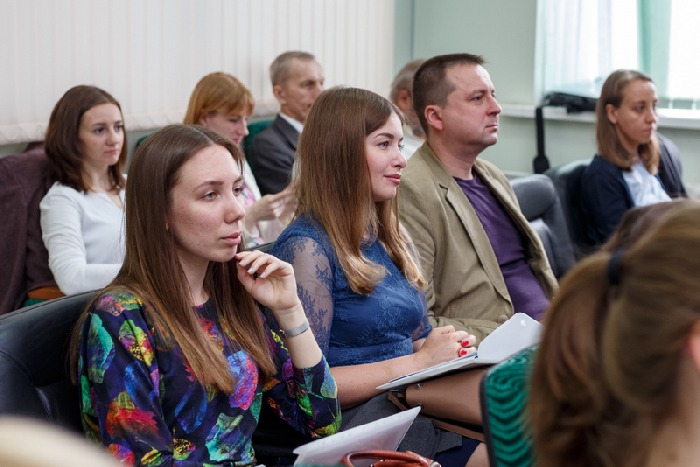
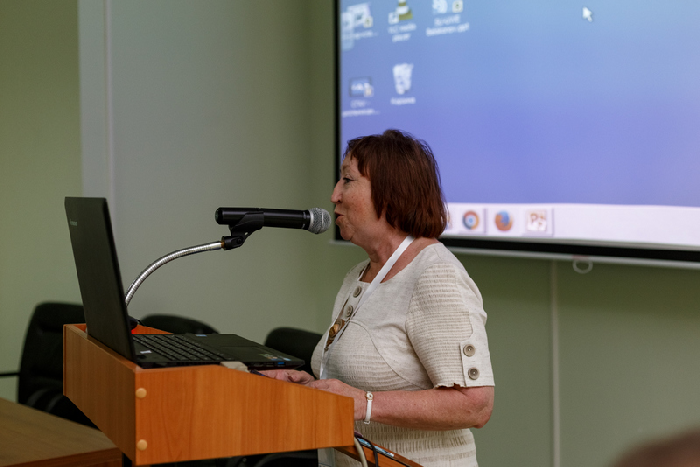
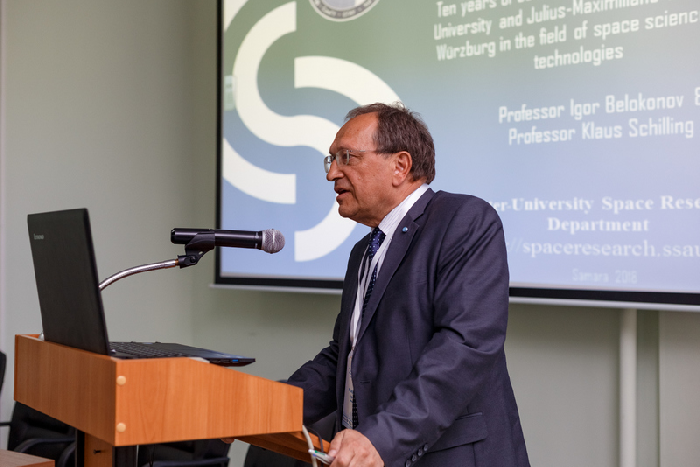
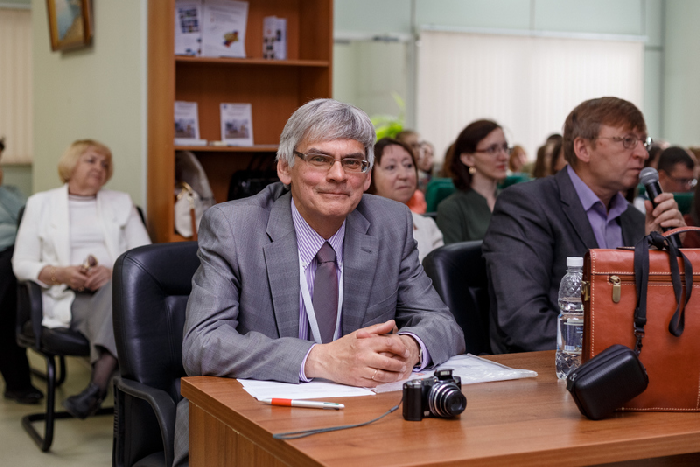
 RU
RU  EN
EN  CN
CN  ES
ES 